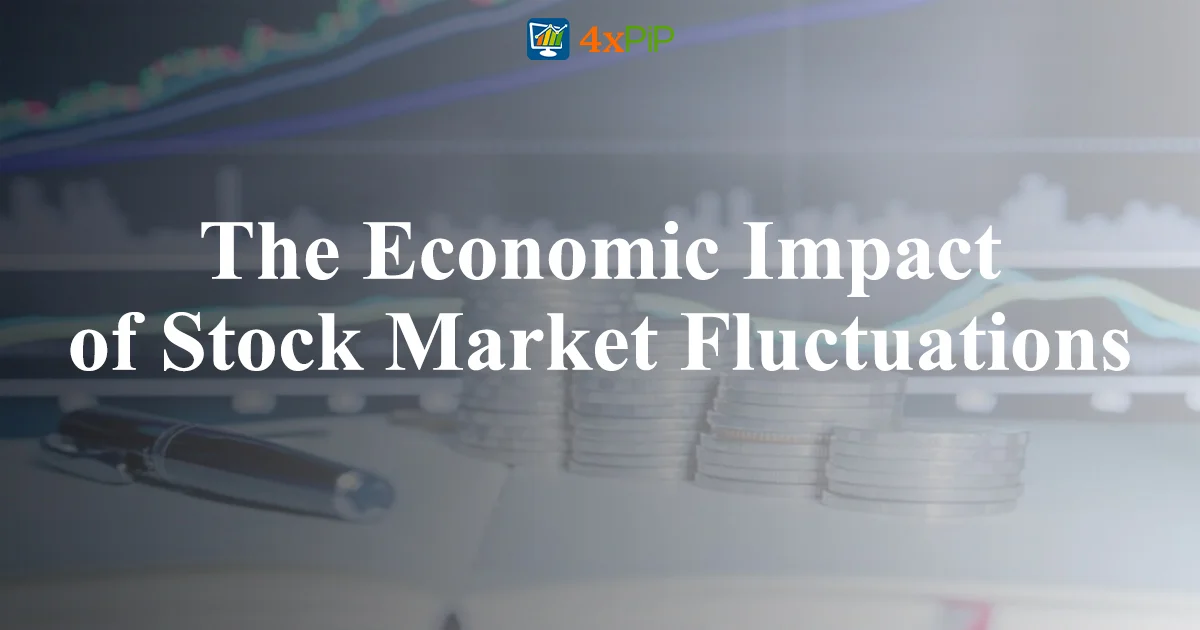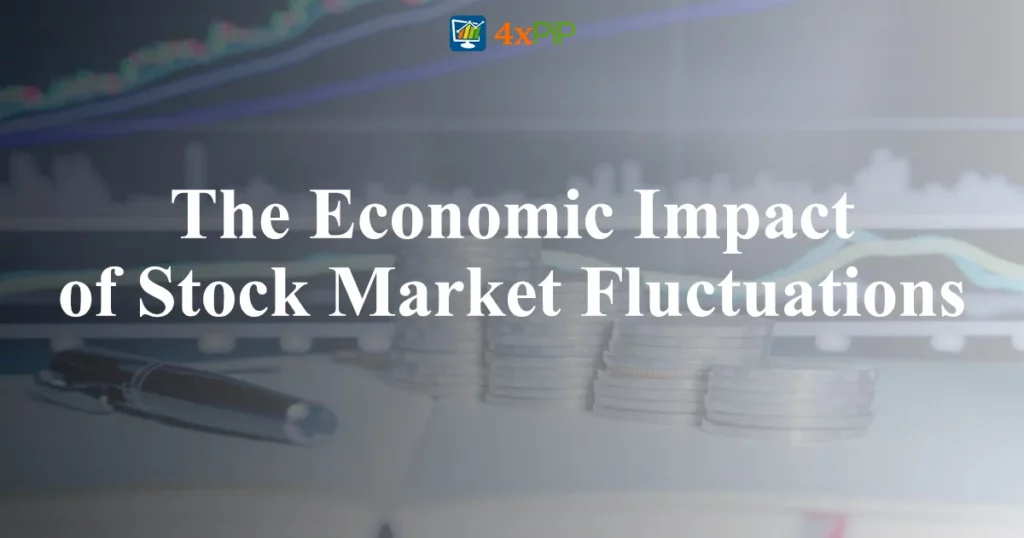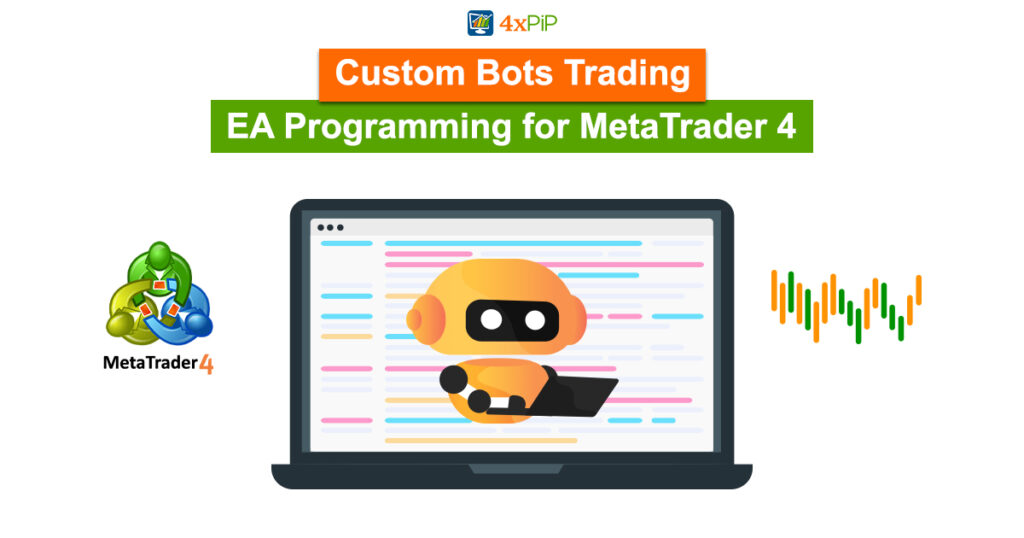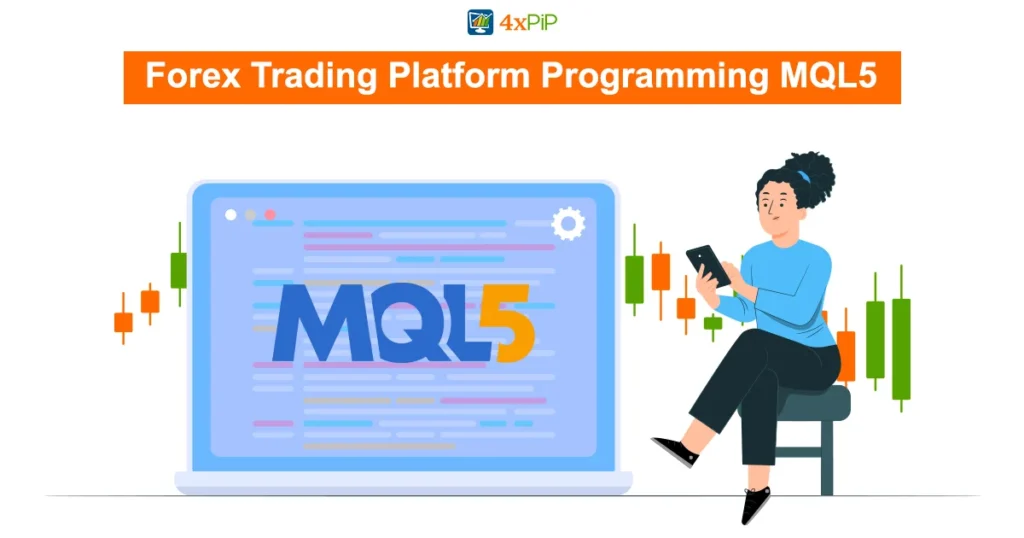In the fast-paced world of trading, understanding the intricate dance between the stock market and the broader economy is crucial. In this guide, we delve into the pivotal role the stock market plays and how its fluctuations ripple through the economic landscape. Before we dive into the intricate relationship between the market and the economy, it’s essential to equip traders with the right tools. For a comprehensive trading experience, check out 4xPip, which offers cutting-edge tools and EAs. Reach out to [email protected] for tailored solutions to elevate your trading strategies.
Why is the Stock Market Important?
The stock market is a powerhouse with far-reaching impacts. Beyond providing opportunities for traders and investors to amass personal wealth, it serves as a barometer of a nation’s commercial health. The ability for businesses to scale and prosper directly influences the broader economy, making a well-functioning equities market indispensable for individuals, businesses, and nations alike.
Three Ways the Stock Market Impacts the Economy:
Stock Market Investment can Spark Economic Growth:
Investors injecting capital into companies catalyze growth, allowing businesses to expand, innovate, and achieve economies of scale. The ripple effect on GDP is evident, as demonstrated by Facebook’s transformative journey post-IPO, showcasing the profound economic impact of strategic investments.
Company Ownership can Enable Impressive Returns:
Despite the risk, investing in stocks provides individuals with ownership in successful enterprises. This wealth accumulation, when reinvested or spent, becomes a driving force in the economy. Historical index performances underline the potential for impressive returns, beating inflation and fostering economic vitality.
Stock Markets Can Measure Economic Strength:
As a reliable economic barometer, the market reflects major companies’ performance, offering insights into economic health drivers like consumer spending. Rising stock prices signal confidence, influencing business and consumer sentiment, while falling stocks may indicate the opposite. However, caution is necessary, as stock movements don’t always mirror the broader economic landscape.
How Does a Market Crash Affect the Economy?
A stock market crash, a feared scenario, can wreak havoc on the economy. Share prices plummet, leading to diminished returns for investors, reduced market capitalization for businesses, and constrained funding for future ventures. The aftermath includes cost-cutting measures, delayed retirements, and subdued consumer spending, ultimately impacting GDP. It’s a stark reminder that the market and the economy are intricately intertwined.
Summary:
Understanding the symbiotic relationship between the stock market and the economy is paramount for traders. While the market can be a powerful driver of economic growth, it’s not immune to crashes that send shockwaves through the broader landscape. Strategizing in this dynamic environment requires a keen awareness of market forces, economic indicators, and the nuanced interplay between the two realms.








